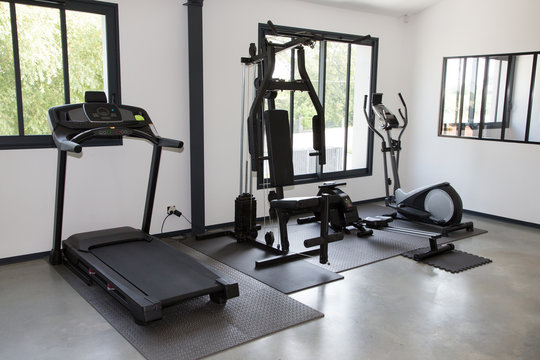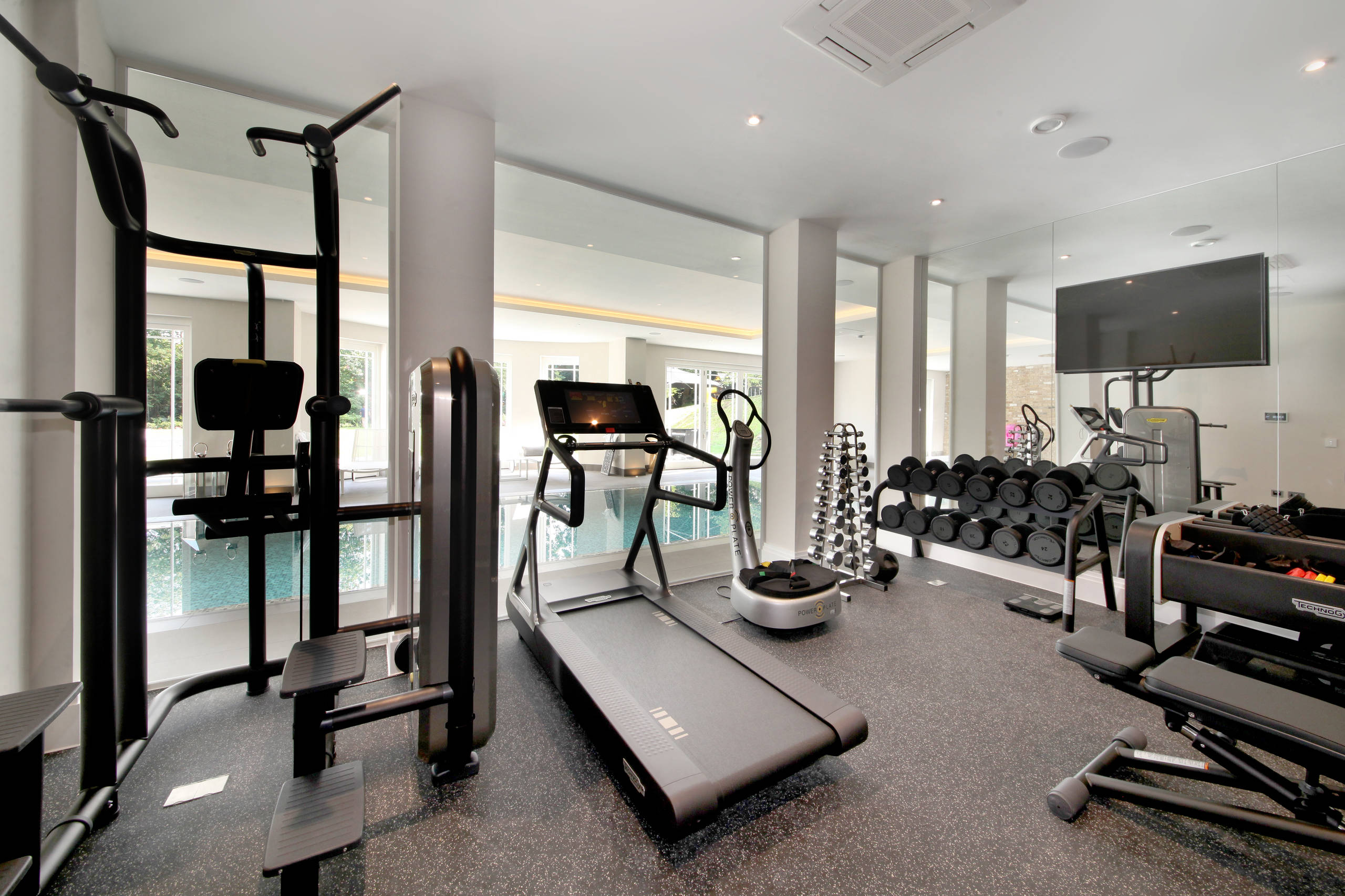The fitness industry has witnessed a surge in popularity, with an increasing number of individuals recognizing the importance of a healthy lifestyle. Aspiring entrepreneurs eyeing the fitness gear market need to navigate through various considerations before diving into this lucrative but competitive sector. From understanding the target market to evaluating the latest trends, here’s a comprehensive guide on what to consider before starting a business on gym equipment for sale in Abu Dhabi.
Understanding the Fitness Gear Market Landscape
Before delving into the intricacies of starting a fitness gear business, it’s essential to grasp the dynamics of the market. Analyzing the demand for gym equipment for sale and identifying your target audience can significantly impact your business’s success. Conduct thorough market research to gain insights into the preferences and purchasing behaviors of potential customers.
Exploring Niche Opportunities

The fitness gear industry is vast and diverse, offering various niches and opportunities. While gym equipment for sale is a broad category, exploring specialized niches like strength training equipment, cardio machines, or even eco-friendly fitness gear can set your business apart. Consider the unique selling propositions (USPs) of different niches and align them with your expertise and passion.
Assessing Trends and Innovations Fitness Gear
Staying abreast of the latest trends and technological innovations in the fitness gear industry is crucial. Customers are often drawn to products that incorporate cutting-edge technology or follow current health and fitness goals trends. Keep an eye on advancements such as smart fitness equipment, sustainable materials, or interactive workout experiences. Incorporating these trends into your offerings can give your business a competitive edge.
Quality and Durability of Fitness Gear
Gym equipment is a long-term investment for fitness enthusiasts, emphasizing the importance of quality and durability. Prioritize sourcing from reputable manufacturers to ensure your gym equipment for sale meets industry standards. Conduct thorough quality checks to guarantee the longevity of the products you offer, as customer satisfaction plays a pivotal role in building a loyal clientele.
Fitness Gear Legal Considerations
Navigating the legal landscape is a critical aspect of starting any business, and the fitness gear industry is no exception. Ensure compliance with local, state, and federal regulations related to the production and sale of gym equipment. Familiarize yourself with industry-specific certifications and safety standards to avoid legal complications and build trust with your customers.
Supply Chain Management Fitness Gear
Efficient supply chain management is essential for the success of a fitness gear business. Establish reliable relationships with suppliers to ensure a steady and cost-effective flow of inventory. Consider factors such as lead times, transportation costs, and inventory storage to streamline logistics. A well-optimized supply chain can prevent stock outs, reduce overhead costs, and enhance overall operational efficiency.
E-commerce vs. Brick-and-Mortar
Deciding on the right sales platform is a crucial decision that can significantly impact your business model. Evaluate the pros and cons of e-commerce versus brick-and-mortar stores. An online presence provides a global reach and convenience, while a physical store allows customers to experience the products firsthand. Many successful fitness gear businesses leverage both channels to maximize their market reach.
Digital Marketing Strategies for Fitness Gear
In the digital age, effective marketing is indispensable for business success. Develop a robust digital marketing strategy to create awareness and drive sales. Utilize social media platforms, content marketing, and search engine optimization (SEO) to reach your target audience. Engage influencers in the fitness industry to promote your products authentically and leverage the power of online reviews to build credibility.
Financial Planning and Budgeting
Financial planning is a fundamental aspect of starting any business. Create a detailed business plan that outlines your budget, projected revenue, and expenses. Consider factors such as initial investment, marketing costs, and operational expenses. A well-thought-out financial plan not only guides your business decisions but also attracts potential investors or lenders if you require external funding.
Customer Service and After-Sales Support
Exceptional customer service is a key differentiator in the fitness gear industry. Establish clear communication channels to address customer queries and concerns promptly. Implement after-sales support services, such as warranties and maintenance programs, to build trust and loyalty. Satisfied customers are more likely to become repeat buyers and brand advocates, contributing to the long-term success of your fitness gear business.
Sustainability and Corporate Social Responsibility

Incorporating sustainability practices and demonstrating corporate social responsibility (CSR) can enhance your brand image and attract environmentally conscious consumers. Consider eco-friendly packaging, recycling programs, or partnerships with charitable organizations. A commitment to sustainability not only aligns with current consumer preferences but also positions your gym equipment business as a responsible and socially aware entity.
Final Words
Starting a fitness gear business requires careful consideration of various factors, from market dynamics to legal compliance and marketing strategies. By understanding the landscape, exploring niche opportunities, and staying updated on industry trends, you can position your business for success. Quality, customer service, and a commitment to sustainability further contribute to building a reputable brand in the competitive gym equipment market. As you embark on this entrepreneurial journey, use these insights to navigate challenges and create a strong foundation for your fitness gear business.
I’m Lilly Crawford, a skilled business expert who’s great at making successful plans. I’ve learned a lot from working at Arrow Redstar and Hi Property in the UK, gaining loads of knowledge about sales and how businesses work. I also write helpful articles about business strategies, using what I know to explain things well. I studied Business Studies in college and love sharing useful ideas to help businesses grow.